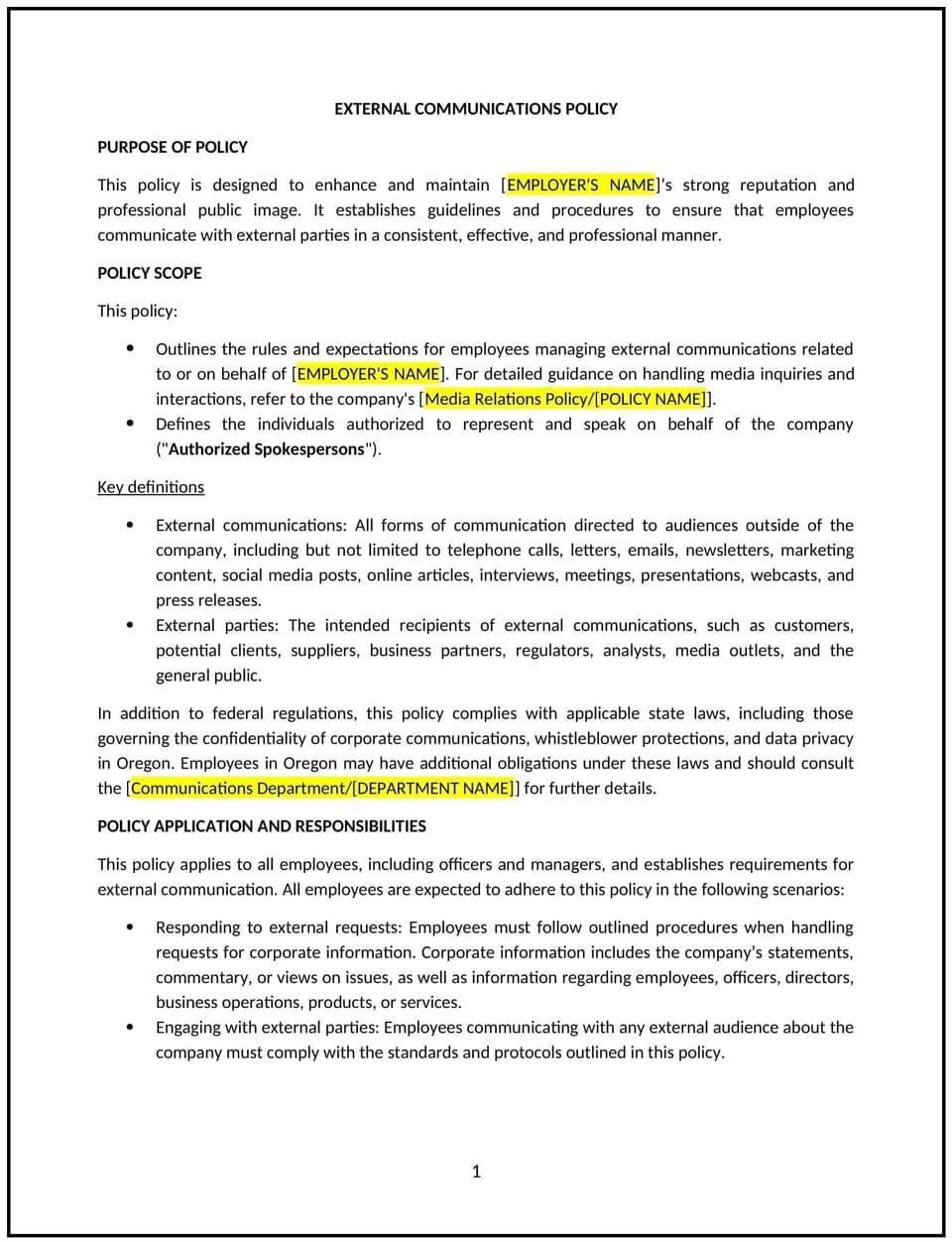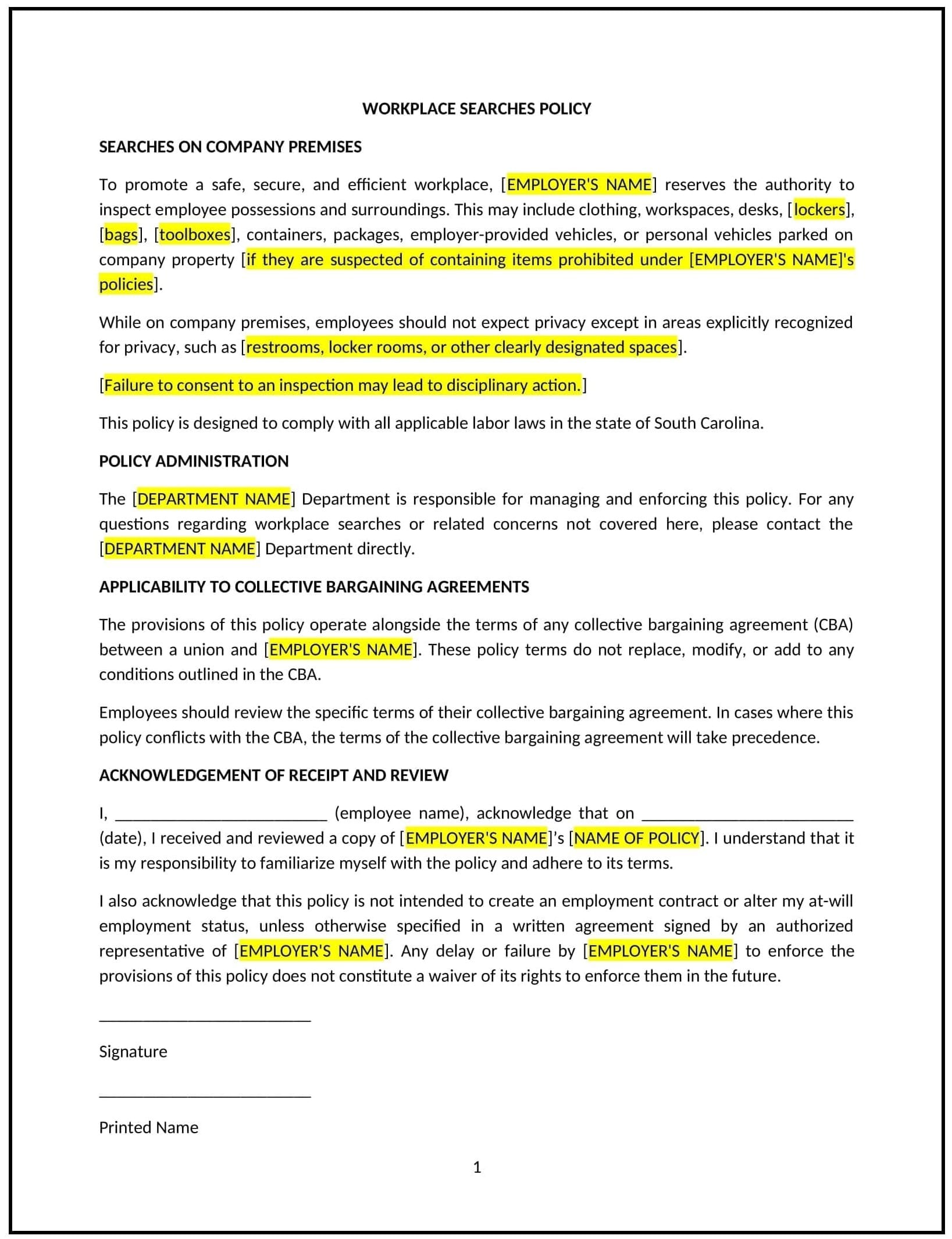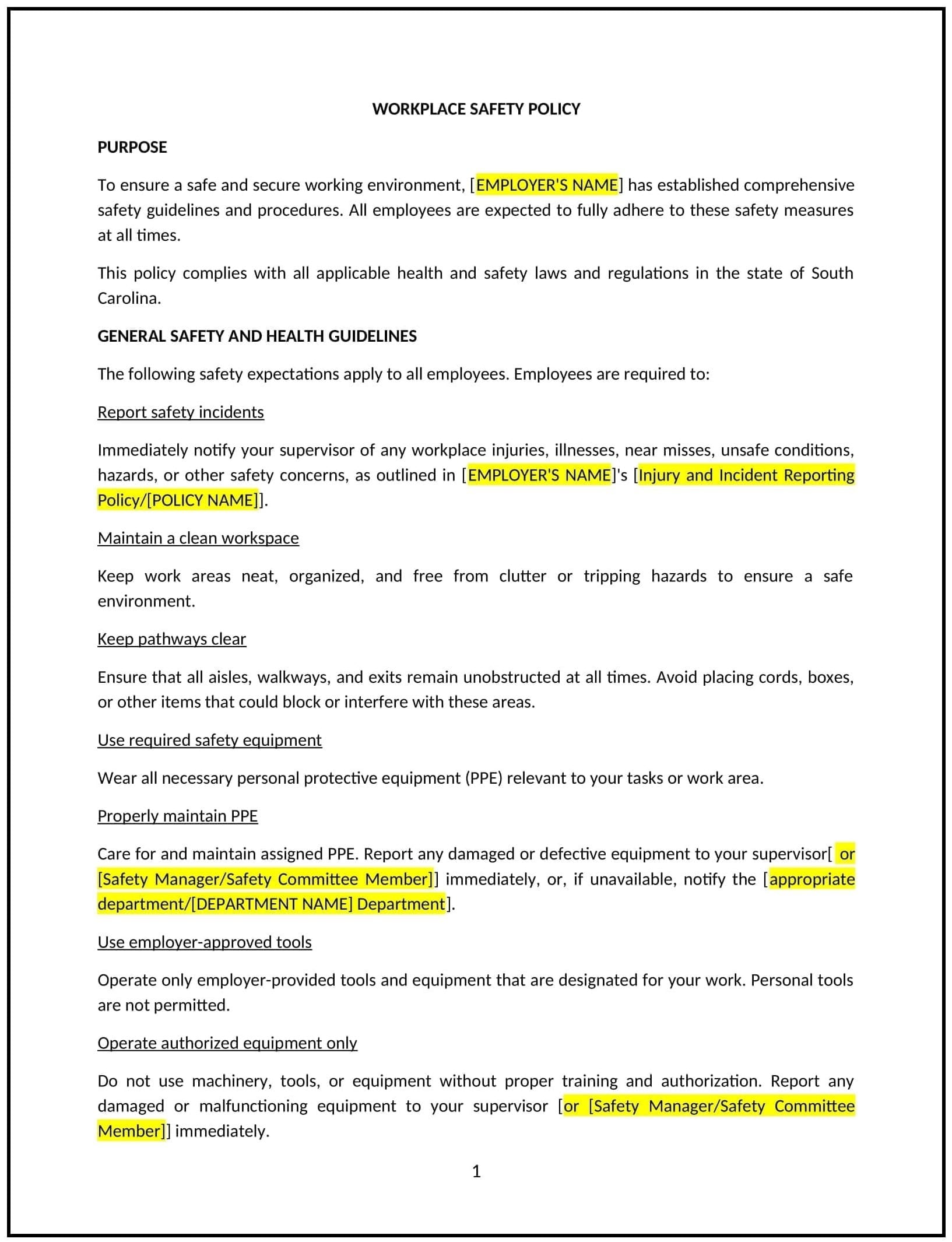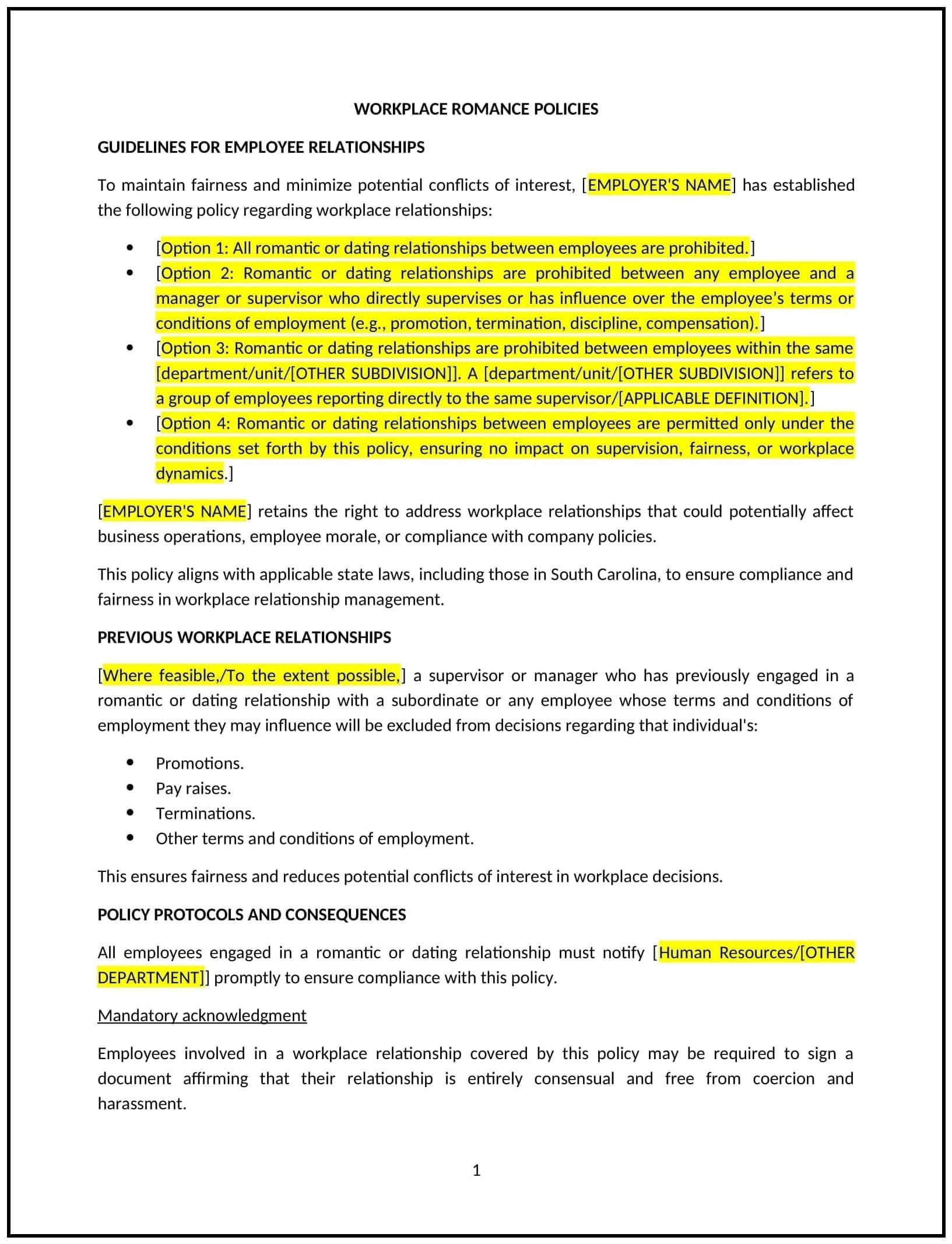External communications policy (Oregon): Free template

External communications policy (Oregon)
This external communications policy is designed to help Oregon businesses establish guidelines for communicating with external parties, such as customers, media, and the public. It outlines procedures for maintaining consistency, protecting sensitive information, and aligning with the business’s brand and values.
By adopting this policy, businesses can enhance their reputation, ensure clear and professional communication, and reduce risks associated with misinformation or data breaches.
How to use this external communications policy (Oregon)
- Define communication channels: Specify approved channels for external communication, such as email, social media, or press releases.
- Establish approval processes: Outline steps for reviewing and approving external communications, such as involving PR or legal teams.
- Protect sensitive information: Provide guidelines for safeguarding confidential or proprietary information in external communications.
- Maintain brand consistency: Ensure all communications align with the business’s brand voice, messaging, and values.
- Train employees: Educate staff on the policy and their responsibilities for external communications.
- Monitor compliance: Regularly review external communications to ensure adherence to the policy.
- Update regularly: Assess the policy annually to align with evolving business needs and communication strategies.
Benefits of using this external communications policy (Oregon)
This policy offers several advantages for Oregon businesses:
- Enhances reputation: Ensures clear, professional, and consistent communication with external parties.
- Protects sensitive information: Reduces the risk of data breaches or leaks of confidential information.
- Aligns with brand values: Maintains a consistent brand voice and messaging across all communications.
- Reduces risks: Minimizes the likelihood of misinformation or unauthorized statements.
- Improves trust: Builds trust with customers, media, and the public by demonstrating professionalism and transparency.
Tips for using this external communications policy (Oregon)
- Communicate the policy: Share the policy with employees and include it in the employee handbook.
- Provide training: Educate staff on the policy and their responsibilities for external communications.
- Use approval workflows: Implement processes for reviewing and approving communications before they are shared externally.
- Monitor compliance: Regularly review external communications to ensure adherence to the policy.
- Update regularly: Assess the policy annually to align with evolving business needs and communication strategies.
Q: How does this policy benefit businesses?
A: This policy helps businesses enhance their reputation, protect sensitive information, and maintain consistent and professional communication.
Q: Who is responsible for approving external communications?
A: Approval may involve PR, legal, or senior management teams, depending on the nature of the communication.
Q: Can employees post about the business on personal social media accounts?
A: Employees should follow the policy’s guidelines, which may require approval for posts related to the business.
Q: What should businesses do if sensitive information is accidentally shared?
A: Businesses should take immediate action to address the issue, such as retracting the communication and notifying affected parties.
Q: How often should businesses review this policy?
A: Businesses should review the policy annually or as needed to align with evolving business needs and communication strategies.
This article contains general legal information and does not contain legal advice. Cobrief is not a law firm or a substitute for an attorney or law firm. The law is complex and changes often. For legal advice, please ask a lawyer.


